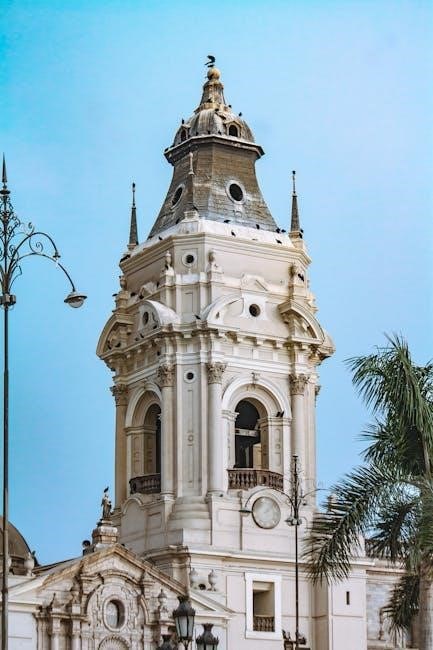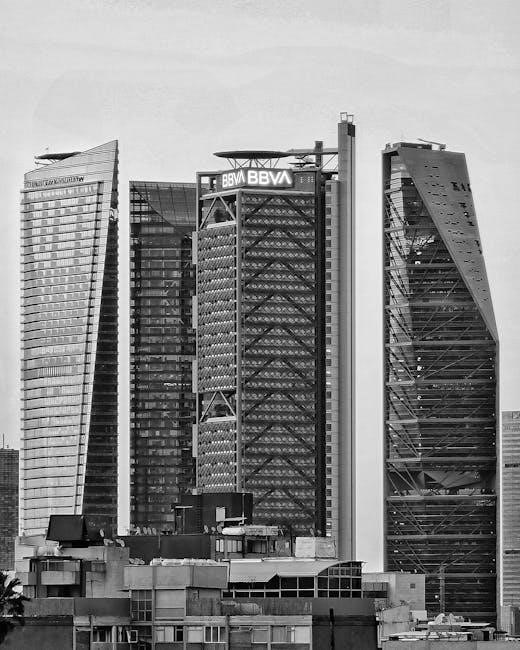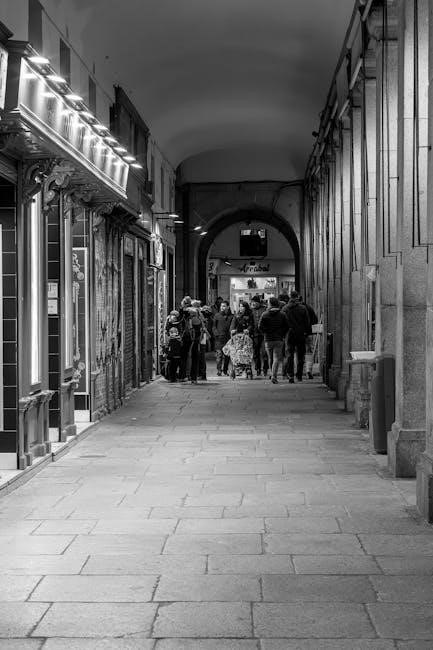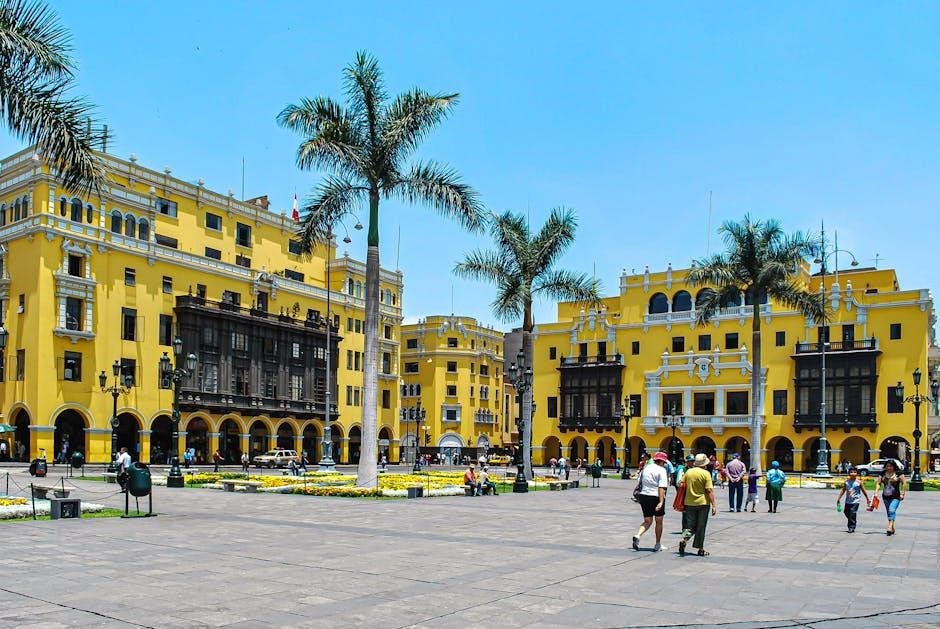Thomas Hardy’s The Mayor of Casterbridge is a tragic tale of fate, redemption, and societal pressures․ The novel follows Michael Henchard, a man whose past mistakes haunt his rise to power in a small English town․
Brief Overview
The Mayor of Casterbridge, written by Thomas Hardy in 1886, is a tragic novel exploring themes of fate, redemption, and social class․ The story centers around Michael Henchard, a poor agricultural laborer who, in a drunken stupor, sells his wife, Susan, and their infant daughter at a fair․ This impulsive act haunts him for the rest of his life․ Years later, Henchard rises to become the respected Mayor of Casterbridge, known for his strict moral code and business acumen․ However, his newfound prosperity is disrupted when his wife and daughter return, setting off a chain of events that exposes his past and unravels his carefully constructed life․ The novel examines the consequences of personal choices and the inexorable forces of fate․ It is available in various formats, including PDF, for readers to explore its profound themes and complex characters․
Historical Context

Thomas Hardy’s The Mayor of Casterbridge is set in the 19th century, reflecting the social and economic shifts of rural England during the Industrial Revolution․ The novel captures the decline of traditional agricultural life and the rise of urbanization, themes central to Hardy’s exploration of societal change․ Published in 1886, the book offers a glimpse into the struggles of working-class individuals and the rigid social hierarchies of the time․ Hardy’s depiction of Casterbridge, modeled after his hometown of Dorchester, highlights the tensions between progress and tradition․ The novel also touches on the Agricultural Depression of the 19th century, which devastated rural communities․ Hardy’s own experiences as an architect and his observations of Dorchester’s transformation heavily influenced the setting and tone of the story․ The historical context underscores Hardy’s critique of class inequality and the inevitability of change, making The Mayor of Casterbridge a poignant commentary on Victorian-era England․

Thomas Hardy: The Author
Thomas Hardy, born in 1840, was an English novelist and poet known for his tragic, realistic portrayals of life․ Initially an architect, he turned to writing, crafting novels like The Mayor of Casterbridge, Tess of the d’Urbervilles, and Jude the Obscure, which explored themes of fate and human struggle․

Biography and Literary Style
Thomas Hardy, born on June 2, 1840, in Upper Bockhampton, England, was a renowned novelist and poet․ Initially trained as an architect, Hardy turned to writing, drawn to the emotional depth and societal critiques that literature allowed․ His works often explored themes of fate, human struggle, and the clash between nature and industrialization․ Hardy’s literary style was marked by a pessimistic realism, blending vivid descriptions of rural life with tragic narratives․ His novels, such as The Mayor of Casterbridge, Tess of the d’Urbervilles, and Jude the Obscure, are celebrated for their profound psychological insights and their unflinching portrayal of life’s hardships․ Hardy’s writing was deeply influenced by his rural upbringing and his observations of the social changes sweeping 19th-century England․ His unique style, which combined poetic lyricism with stark realism, cemented his place as one of the most significant English novelists of his time․

Plot Summary
Michael Henchard, a poor laborer, sells his wife in a drunken rage, leading to his downfall․ Years later, he rises to become the Mayor of Casterbridge, but his past haunts him when his family returns, unraveling his life․
Main Plot Points
The novel begins with Michael Henchard, a struggling laborer, selling his wife Susan and daughter Elizabeth-Jane at a fair in a drunken stupor․ This act sets the foundation for his later struggles with guilt and redemption․ Years later, Henchard has transformed his life, becoming a wealthy grain merchant and the respected Mayor of Casterbridge․ However, his tranquility is disrupted when his wife and daughter return, seeking him out after believing him dead․ The reappearance of his family forces Henchard to confront his past, leading to a series of tragic events․ His downward spiral accelerates as he faces financial ruin and personal loss, ultimately revealing the devastating consequences of his earlier choices․ The plot intricately weaves themes of fate, class, and human frailty, showcasing Hardy’s mastery in crafting a gripping and emotionally charged narrative․
Key Events
The novel’s pivotal moments begin with Michael Henchard’s drunken sale of his wife and daughter, an act that haunts him throughout his life․ Years later, Henchard’s rise to prosperity as a grain merchant and his election as Mayor of Casterbridge mark a turning point․ However, his newfound status is disrupted by the unexpected return of his wife, Susan, and daughter, Elizabeth-Jane, who believe him dead․ This reunion triggers a chain of tragic events, including Susan’s death and Henchard’s growing obsession with redeeming his past․ The arrival of Donald Farfrae, a young and ambitious Scottish merchant, further complicates Henchard’s life, leading to a bitter rivalry that exacerbates his downfall․ As Henchard’s fortunes decline, he discovers that his wife’s supposed death was a ruse, and her actual demise leaves him shattered․ The novel culminates in Henchard’s isolation and eventual death, underscoring the inevitability of fate and the consequences of his earlier actions․
Main Characters
The novel centers around Michael Henchard, the complex and flawed protagonist, alongside his wife Susan, daughter Elizabeth-Jane, and rival Donald Farfrae․ Lucetta, Henchard’s former lover, also plays a pivotal role in his downfall and redemption arc․
Protagonist: Michael Henchard
Michael Henchard is the protagonist of The Mayor of Casterbridge, a complex and deeply flawed character whose life is marked by regret and ambition․ Once a poor hay trusser, Henchard’s impulsive decision to sell his wife and daughter while drunk sets the stage for his tragic journey․ Over the years, he rises to prominence as a successful merchant and eventually becomes the Mayor of Casterbridge, earning respect but not affection․ His strict moral code and pride often lead to harsh judgments of others, including his own family․ Henchard’s story is one of self-destructive tendencies, as his past mistakes resurface, unraveling his carefully built life․ Despite his flaws, Henchard elicits both pity and admiration, embodying Hardy’s exploration of human resilience and the inexorable pull of fate․

Other Key Characters
Susan Henchard, Michael’s wife, is a tragic figure whose return to Casterbridge after years of separation sparks the novel’s central conflict․ Her quiet resilience and unwavering loyalty to her family contrast sharply with Henchard’s fiery temperament․ Elizabeth-Jane, their daughter, embodies innocence and compassion, often serving as a moral anchor in the story․ Her journey from poverty to a life of modest comfort reflects the societal constraints of her time․ Donald Farfrae, a Scottish merchant, becomes Henchard’s rival both in business and in love․ His ambition and charm eventually lead to his rise as a respected figure in Casterbridge․ Lucetta Templeman, a mysterious and alluring woman, represents the town’s high society․ Her past connection to Henchard and her marriage to Farfrae add layers of complexity to the narrative, ultimately leading to a tragic confrontation․ Together, these characters weave a tapestry of human struggle and societal dynamics in 19th-century England․
Major Themes
The novel explores themes of fate, redemption, and the corrupting influence of power․ Hardy examines the tension between personal ambition and societal expectations, highlighting the inevitability of consequences for one’s actions․
Fate and Redemption
Fate plays a central role in The Mayor of Casterbridge, as Hardy explores how external forces shape the lives of his characters․ Michael Henchard’s descent from prosperity to ruin is portrayed as inevitable, driven by his own flaws and the inexorable hand of fate․ His decision to sell his wife and child while drunk sets off a chain of events that cannot be reversed, illustrating the novel’s deterministic outlook․ Hardy suggests that redemption is possible but often comes at a great personal cost․ Henchard’s attempts to atone for his past mistakes are thwarted by circumstances beyond his control, leaving him a tragic figure․ The novel ultimately presents a bleak view of fate, where human efforts to alter their destiny are often futile․
Social Class
Social class is a significant theme in The Mayor of Casterbridge, reflecting the rigid stratification of Victorian England․ Michael Henchard’s journey from a poor laborer to a wealthy mayor highlights the possibilities of upward mobility, yet his internal struggles reveal the emotional toll of social climbing․ Hardy critiques the class system through Henchard’s rise and fall, showing how societal expectations and economic status shape individual lives․ The novel portrays the working class with dignity, emphasizing their resilience despite limited opportunities․ Conversely, the upper class is often depicted as morally corrupt, with wealth masking inner emptiness․ Henchard’s inability to reconcile his past and present selves underscores the tension between his humble origins and his elevated position․ Hardy’s exploration of social class serves as a commentary on the barriers that prevent true equality and the personal costs of striving for status․ The novel ultimately questions the value of material success in a society governed by rigid hierarchies․
